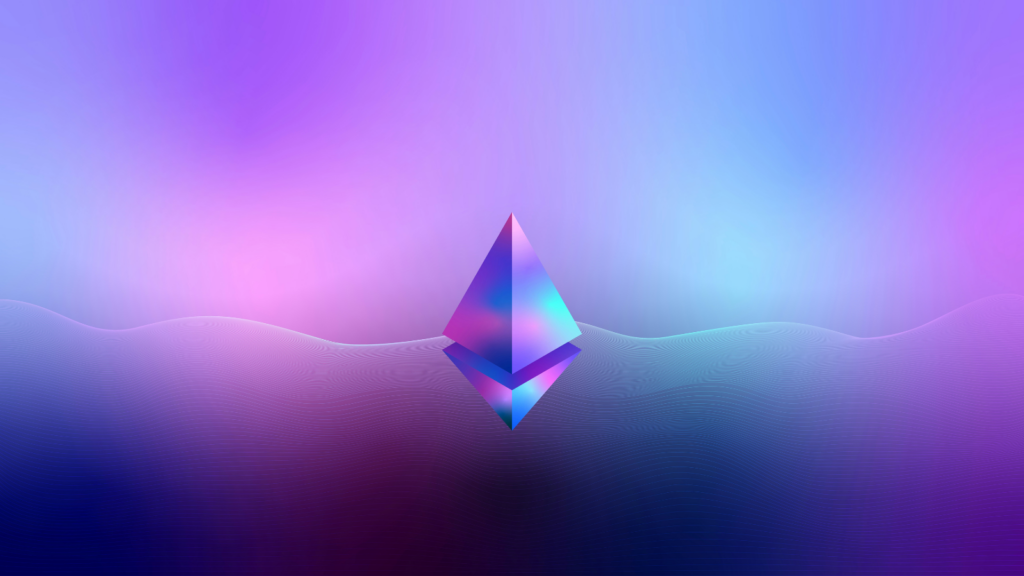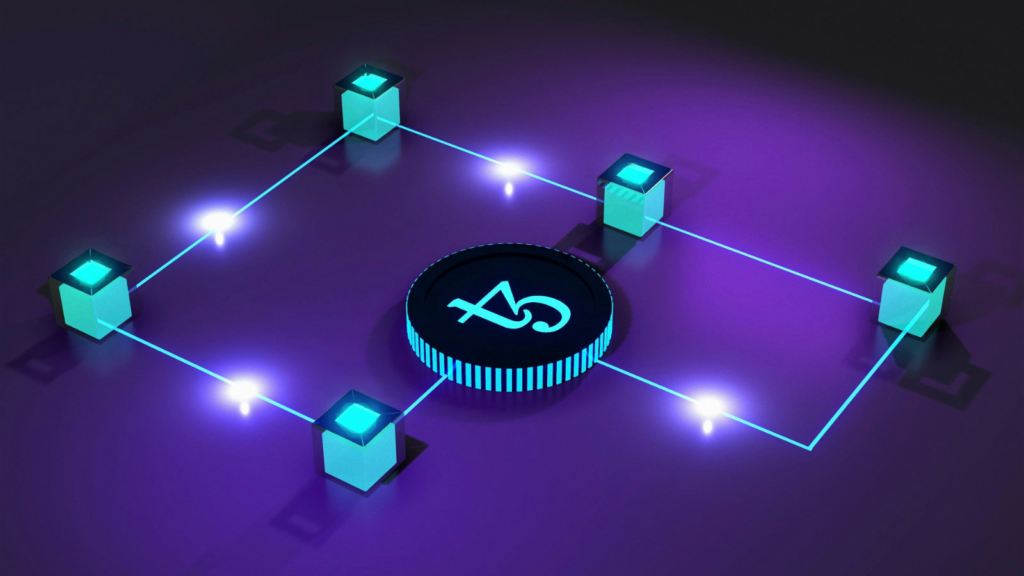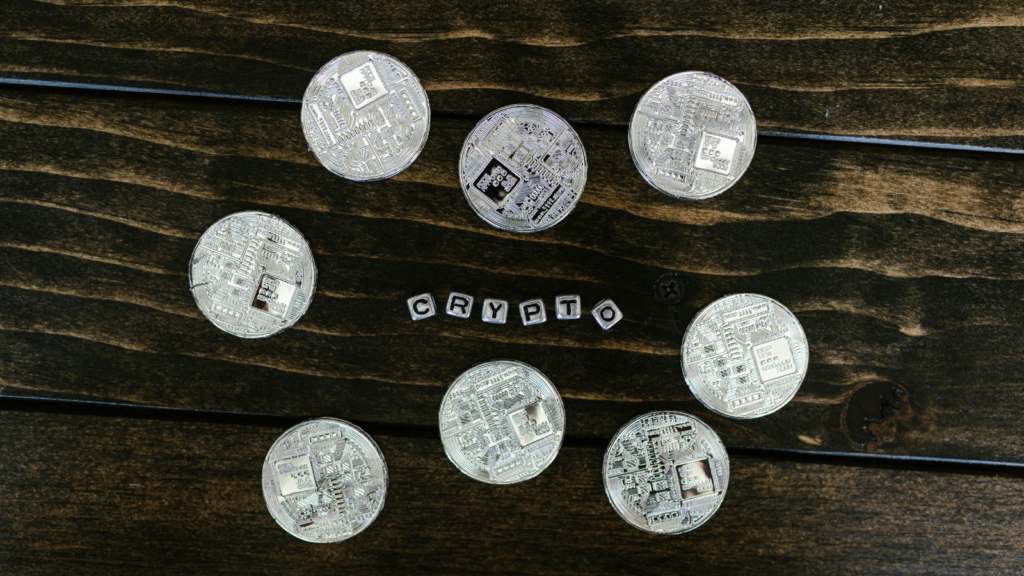In the ever-evolving landscape of technology, quantum blockchain emerges as a fascinating frontier. It’s an intriguing blend of two of the most groundbreaking innovations of our time: quantum computing and blockchain technology. This fusion promises to redefine the way we understand and interact with digital transactions.
Quantum blockchain is not just a buzzword; it’s a potential game-changer in the world of cybersecurity and digital currency. It’s a technology that could revolutionize everything from banking to voting, offering unprecedented levels of security and efficiency. So, let’s delve into the exciting world of quantum blockchain and explore its potential.
Quantum Blockchain

Quantum blockchain positions itself as a groundbreaking technology in the cryptographic sphere. Utilizing quantum entanglement – a phenomenon enforcing correlation between quantum states, it overpowers traditional cryptography methods. When applied to distributed ledger technologies, primarily blockchain, this approach fosters a new level of security, impervious to traditional cyber attacks. Bypassing external breaching issues, it bolsters trust and integrity amongst participants. Further, quantum blockchain streamlines operations in sectors from digital currency, banking, to voting, underpinning a far-reaching impact. Clearly, the marked advantage of quantum blockchain cements it as the cornerstone of future digital transactions.
Potential Applications of Quantum Blockchain

Expanding upon its inherent security capabilities, quantum blockchain offers a broad array of applications spanning different sectors. In areas such as digital currency, it provides seamless, secure transactions, while in banking, it enhances data integrity and verifiability. Using quantum blockchain in voting systems ensures tamper-proof results, protecting the democratic process.
- Digital Currency: Quantum blockchain’s robust security is well-suited for digital currency transactions. It ensures safety against cyber risks like hacking and fraud, making transactions secure and efficient, thereby boosting user confidence.
- Banking: With data integrity a critical aspect of banking, quantum blockchain serves to enhance this attribute. Utilizing quantum entanglement, it improves the verifiability of banking data, ensuring reliability and trust in the system.
- Voting Systems: In the domain of voting systems, the tamper-proof nature of quantum blockchain safeguards democratic processes. By preventing unauthorized alterations to voting data, it ensures the authenticity of results, fostering transparency and fairness.
In essence, quantum blockchain revolutionizes these sectors with its cutting-edge security features, leveraging specific applications to attain maximum performance.
Challenges Facing Quantum Blockchain
Despite the advancements that quantum blockchain brings to digital transactions, it’s not without its problems. These challenges impede its full adoption across sectors. Firstly, quantum computing hardware, an integral part of quantum blockchain, remains prohibitively expensive and rare. This limitations hamper the mainstream adoption of quantum blockchain. Secondly, optimum energy efficiency in quantum computing, an inherent requisite of quantum blockchain, still remains elusive. Solutions to this concern have been largely experimental and lack robustness. Finally, the overriding issue of compatibility of quantum blockchain with existing infrastructures still remains, since a total overhaul of industry systems isn’t feasible, nor is it cost-effective.
The Future of Quantum Blockchain

Quantum blockchain’s potential unfolds a future filled with robust security and streamlined operations. Despite challenges such as high initial costs and compatibility with existing structures, advancements in quantum computing hardware alter its accessibility, and new energy-efficient solutions might mitigate efficiency concerns. Potential expansion stimuli involve initiatives for quantum literacy, fostering innovation in quantum-computing software development alongside hardware. This, in turn, accelerates the move towards cost-effective, accessible quantum blockchain solutions. It targets industries with the highest security and integrity demands, positing a sustainable, secure future in the realm of digital transactions, untethered by the traditional constraints of cryptography. Quantum blockchain, thereby, facilitates a future where cyber threat resilience is not just a feature but an inherent property.
Game Changer in Digital Transaction Security
Quantum blockchain’s potential is undeniable. It’s a game-changer, promising unparalleled security in digital transactions and applications across various sectors. Despite present challenges, the future looks bright. As quantum computing hardware evolves and energy efficiency solutions are developed, the high costs and compatibility issues currently faced are bound to decrease. Initiatives to boost quantum literacy will spur innovation, making this technology more accessible and cost-effective. Industries with high security demands stand to benefit immensely.


